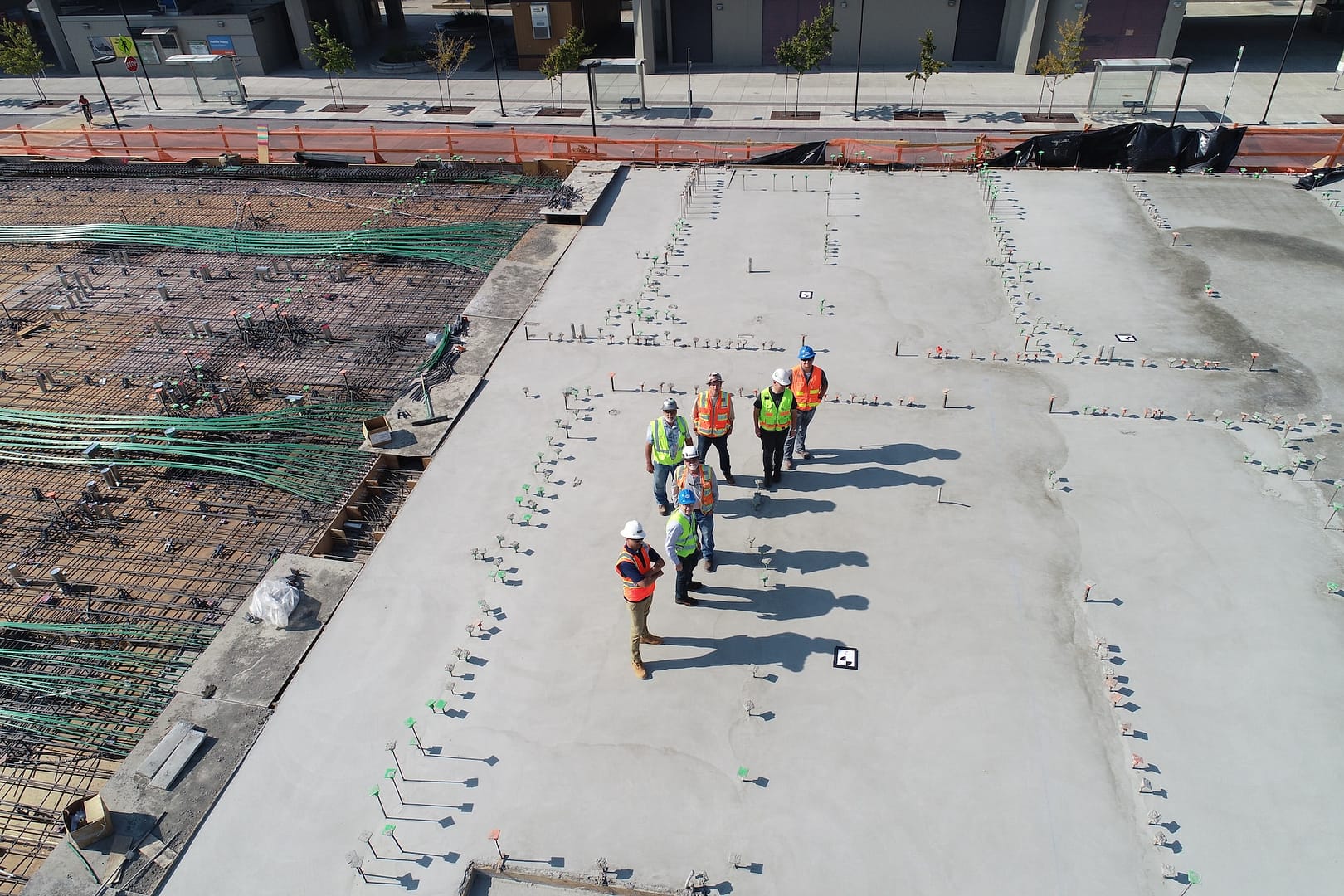Determining fault in a UK roundabout collision can be a complex affair. It’s not always a simple matter of who bumped into whom. Instead, it involves a nuanced understanding of the Highway Code, road signage, and sometimes even witness accounts and dash-cam footage. While the basic principle is to give way to traffic already on the roundabout, numerous factors can muddy the waters.
The Highway Code and Roundabout Priority
The foundation for understanding roundabout right-of-way lies in the Highway Code, particularly rules 184 to 190. These rules outline the core principle: traffic approaching a roundabout must give priority to vehicles already on it, approaching from the right. It’s a simple concept, but it gets complicated when considering multi-lane roundabouts, exiting vehicles, and unclear signalling.
Common Scenarios and Fault Determination
Let’s explore some typical roundabout collision scenarios and how fault might be assigned:
1. Failing to Give Way
A driver entering a roundabout without giving priority to traffic already on it is often considered at fault. This is the most straightforward scenario, but even here, complexities can arise. For instance, if the vehicle already on the roundabout was speeding or changing lanes erratically, the blame may be shared.
2. Incorrect Lane Usage
Multi-lane roundabouts add another layer of complexity. If a driver fails to use the correct lane for their intended exit or cuts across lanes without signalling, they can be held responsible for a collision. The Highway Code offers clear guidance on lane usage, yet many drivers still find themselves in the wrong lane.
3. Exiting Without Care
Vehicles leaving a roundabout must also exercise caution. A driver who fails to check their blind spot, doesn’t signal their intent to exit, or cuts across another vehicle’s path can be found at fault for a collision.
Evidence Gathering: Your Key to Proving Fault
In the aftermath of a roundabout collision, gathering evidence is crucial to proving fault. Here’s what to collect:
- Photographs: Take pictures of the scene, vehicle positions, damage, and any road signs or markings.
- Witness Contact Information: Speak to any witnesses and get their contact information. Their accounts can be invaluable.
- Dashcam Footage: If you or another driver has a dashcam, the footage can provide definitive proof of what happened.
- Police Report: If the police attend the scene, ensure you get a copy of the accident report.
If you’ve been involved in a road accident and are unsure about the next steps, don’t hesitate to contact us for expert guidance and support throughout the process.
Receive a Call About Your Claim
Legal Assistance: Navigating the Complexities
Determining fault in a roundabout collision can be a complex and contentious process. It’s often wise to seek legal advice from a solicitor specialising in personal injury claims. They can help you understand your rights, gather evidence, and negotiate with insurance companies.
Insurance Claims: Don’t Go It Alone
Even if the fault seems clear-cut, insurance companies can be difficult to deal with. They may try to minimize their payout or even deny your claim altogether. A solicitor can handle communication with the insurance company, ensuring your interests are protected and that you receive fair compensation.
Making a Road Traffic Accident Claim with National Claims
At National Claims, we understand the upheaval a road traffic accident can cause, especially when it happens on the UK’s busy roads and roundabouts. If you or a loved one has been injured due to another driver’s negligence, whether in a roundabout collision, a rear-end shunt, or any other type of road traffic incident, our team is here to support you.
Free Consultation
We offer a free, no-obligation consultation to discuss the details of your case. Our team will listen attentively to your account of the accident, and connect you with a solicitor from our panel who will be able to assist you with your case.
*No Win, No Fee
National Claims believes that seeking justice for medical negligence shouldn’t be burdened by financial concerns. We operate on a “No Win, No Fee” basis, meaning you won’t incur any upfront legal fees. Our fees are contingent on the success of your claim, allowing you to pursue compensation without undue financial stress.
*Customers pay up to 25% (incl. VAT) of the amount recovered towards solicitor costs and if you cancel outside your cooling off period, you may be charged a fee.
Contact us today to speak to one of our claims agents who will be able to help you get started on your claim.
Click below to see why we are one of the most trusted claims management companies in the UK.

We’re proud of our excellent customer reviews
We thrive on delivering exceptional service and ensuring our clients’ satisfaction. Don’t just take our word for it. Check out some of our independent reviews to see what our clients have to say.
Excellent

This firm is excellent, they sorted out my car pay out and injury claim very fast, they always communicate with you all the time.

My accident case was dealt with confidence and with great result of the outcome, especially James kept me informed all the time.

I was very impressed at the way my inquiry was treated. I was listened to attentively and everything I needed to know was explained to me.






